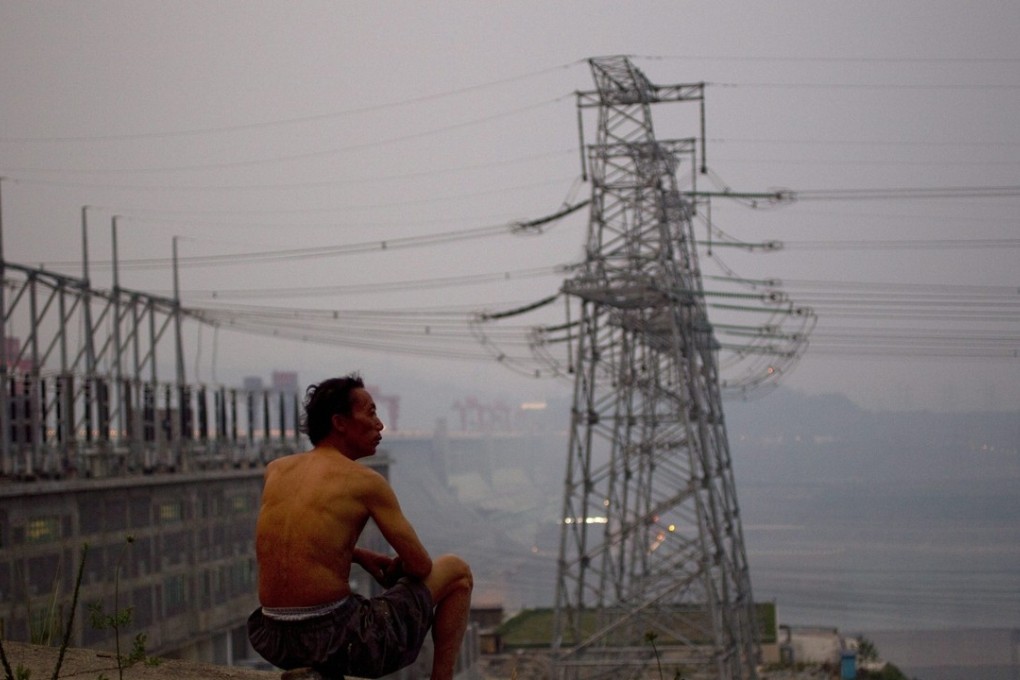China’s official figures: lies, damned lies or just changing statistical methods?
Economists say it’s hard to know what to believe when calculations stop adding up and the government keeps moving the goalposts

The reliability of official Chinese statistics has once again been brought into question after the government released seemingly conflicting numbers for energy use in the agricultural sector.
In figures published on Friday, the National Energy Administration said the country’s primary industry (the official term for the agriculture sector) used 6.5 billion kilowatt-hours of electricity in June, an increase of 6.6 per cent from the same month of 2017.
The problem, however, is that 12 months ago, the same agency said the agriculture sector used 12 billion kWh of electricity in June. If that were the case, this year’s figure would represent a drop of about 46 per cent.